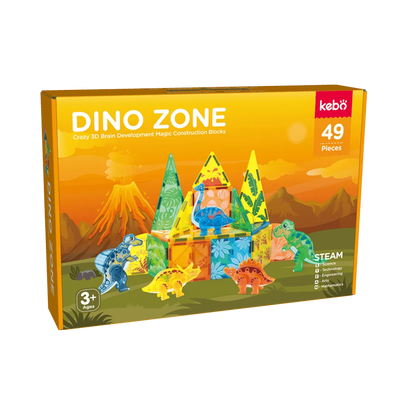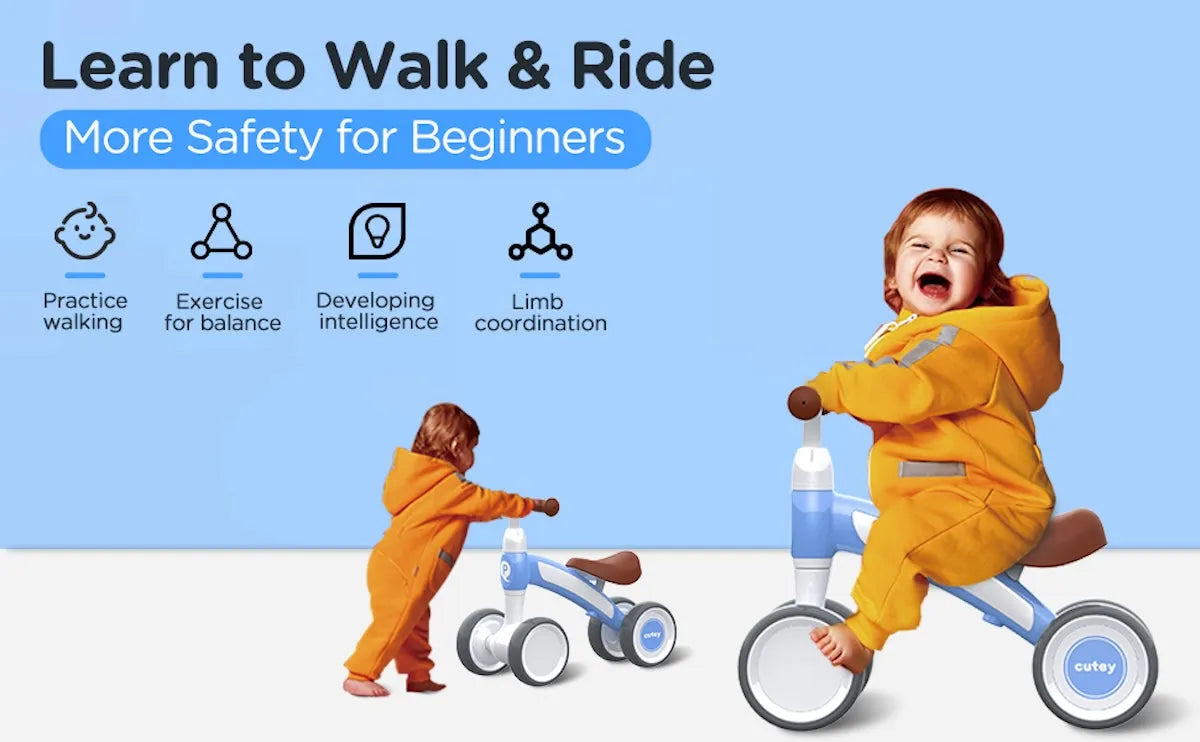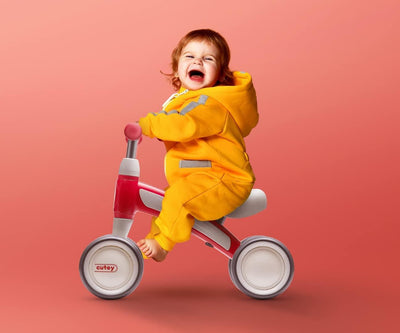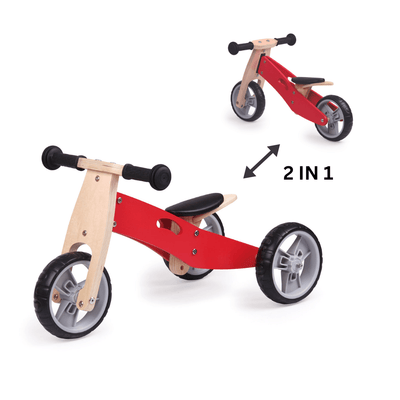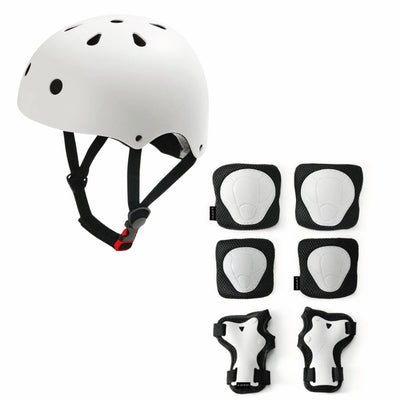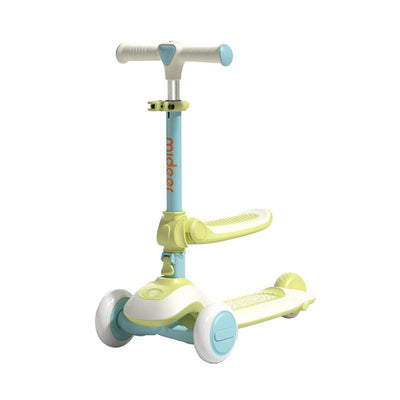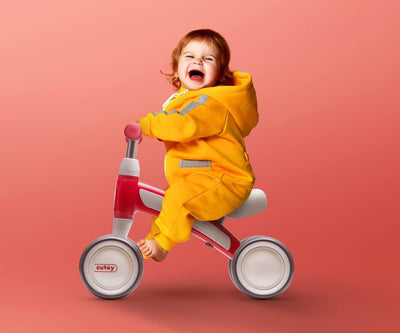When it comes to choosing the right equipment for your child’s early development, two popular options often come to mind: baby walkers and baby bikes. While both aim to enhance motor skills and build confidence in movement, parents often wonder which option is better suited for their child’s needs. This blog will explore the benefits, drawbacks, and ideal stages for each to help you make an informed decision.
1. Understanding Baby Walkers and Baby Bikes
Baby Walkers are typically designed for children who are learning to take their first steps. They provide support by allowing babies to stand and move around independently while holding onto a stable structure. Walkers are usually equipped with wheels, a padded seat, and often come with interactive toys to keep your little one entertained.
Baby Bikes, on the other hand, are generally introduced when the child has gained some balance and coordination. These beginner bikes (like balance bikes or ride-ons) lack pedals and allow toddlers to push with their feet, helping to build core strength and balance without the risk of tipping over.
2. Benefits of Baby Walkers
- Encourages Early Mobility: Walkers allow babies to move around and explore their surroundings before they can walk independently.
- Enhances Coordination: Using a walker can help improve leg coordination as the child practices pushing and turning.
- Entertainment Value: Most baby walkers come with built-in toys, music, and lights, making it a fun experience for little ones.
3. Benefits of Baby Bikes
- Develops Balance and Strength: Baby bikes, particularly balance bikes, teach toddlers how to balance on two wheels, making the transition to a regular bike much easier.
- Improves Coordination and Motor Skills: Pushing a bike forward and steering helps refine gross motor skills and spatial awareness.
- Builds Confidence: As children learn to maneuver the bike, they gain independence and confidence in their abilities.
4. Drawbacks of Baby Walkers
-
Safety Concerns: According to a study by the American Academy of Pediatrics (AAP), baby walkers can pose a risk of falls and injuries, particularly when used near stairs or uneven surfaces. It is advisable to choose baby walkers equipped with a brake feature, as controlling the speed can help reduce potential safety hazards.


-
Photos from Wooden Baby Walker with Speed Control
- Potential Delay in Walking Skills: Some research suggests that prolonged use of walkers may hinder the natural development of walking skills.
5. Drawbacks of Baby Bikes
- Requires Parental Supervision: While baby bikes are generally safe, they require a higher level of parental supervision to ensure the child does not lose balance.
- Limited Use Indoors: Unlike walkers, which can be used in tighter indoor spaces, baby bikes often need a more open area for safe riding.
6. Which One is Better?
The answer largely depends on your child’s age, development stage, and safety considerations. For babies just starting to explore movement, a walker can be a fun and engaging tool, as long as it is used under close supervision and in a safe environment. However, for toddlers who are ready to start balancing, a baby bike is a better option as it provides crucial skills needed for riding a regular bike later on.
Contrast Opinion:
Some experts argue that walkers should be avoided altogether due to safety concerns and potential delays in independent walking, suggesting that baby bikes are a more effective option for building mobility skills. However, other professionals believe that under proper supervision, walkers can still be a beneficial tool for early exploration and play.
7. Conclusion: Finding the Right Fit
In the end, both baby walkers and baby bikes offer unique benefits, but choosing the right one should be based on your child’s current developmental stage and safety needs. Consider starting with a walker when your baby is ready to bear weight on their legs, and transitioning to a baby bike as they become more confident in their balance and coordination.
8. Key Takeaways:
- Baby Walkers are ideal for introducing babies to movement and early coordination.
- Baby Bikes are better suited for building balance and motor skills in toddlers.
- Always prioritize safety and your child’s developmental readiness when choosing between the two.
By making an informed decision, you can ensure that your child enjoys a safe and rewarding journey towards independence and mobility.
